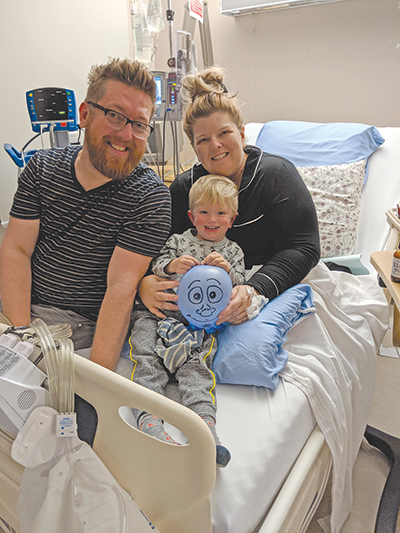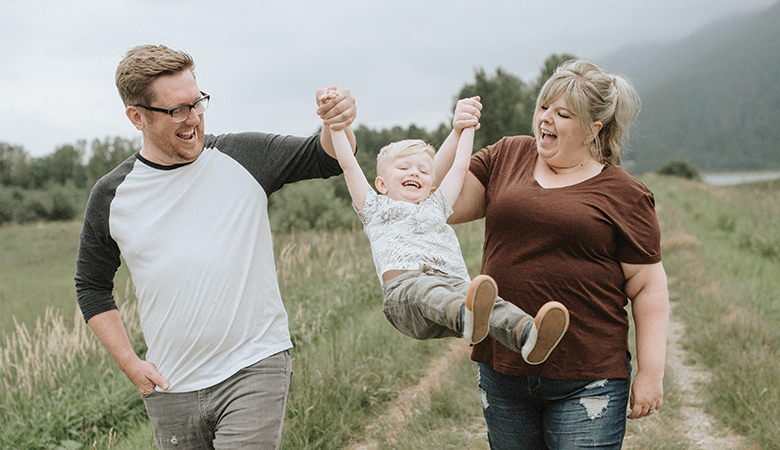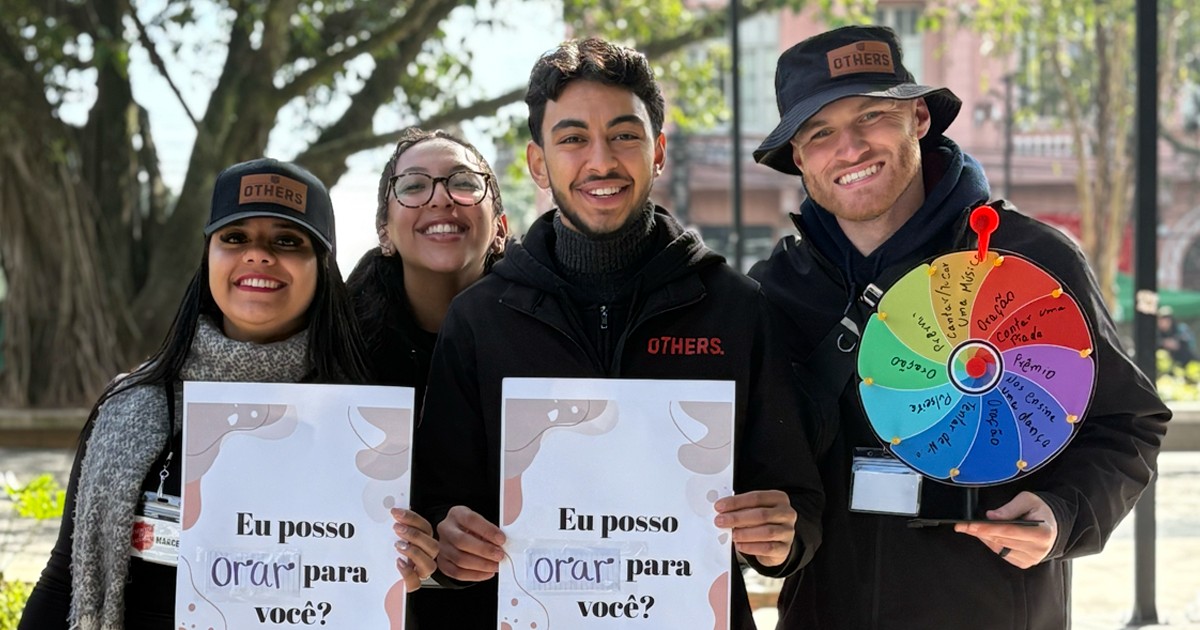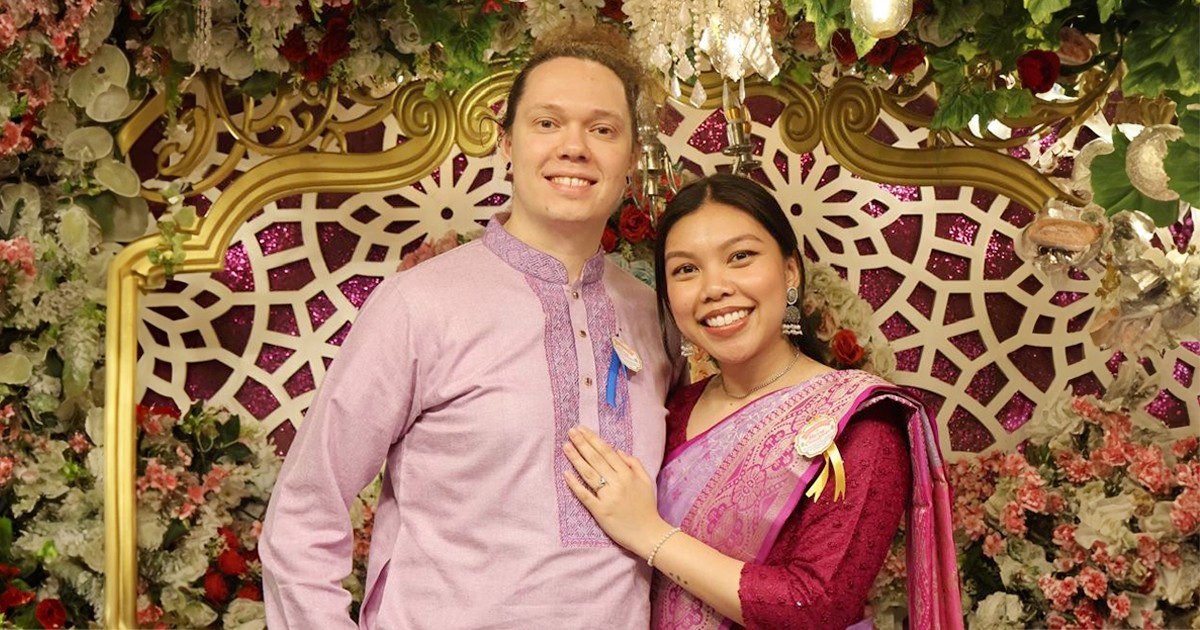I can relate. Not so long ago, there was an overwhelming sense of “what if” in my own life, and now that feeling is magnified worldwide.
Starting Over
When I was 12, I was diagnosed with polycystic kidney disease, a genetic disorder that can often lead to chronic kidney failure. At first, I did all the things that “normal” teens and young adults got to do: I went to school, graduated, worked at summer camp, went to college and eventually got married. But then I became pregnant with my son, Felix. Heading into the pregnancy, I was warned that it posed risks—my kidney function was at 40 percent, and a pregnancy could lead to a baby with low birth weight and developmental challenges. One doctor even thought he had the right to tell me we were making a mistake.
That was not OK. But at the time I questioned—what if he was right? My husband and I had struggled with infertility for six years, and the last thing I wanted to hear was that I was making a mistake. But this was the first time my disease had become a reality—and I had to start putting my faith and trust in the medical system.
Felix was born healthy nine months later. However, at a doctor’s appointment, I was told that my kidney function was now 20 percent. It could have been due to the unplanned emergency C-section I’d received, but no one could confirm that. At my age, it was normal for polycystic kidneys to digress or reach a level of dormancy. But that day and those results were the beginning of a downward trajectory in the health of my kidneys and my quality of life.
My doctor told me it was time to move forward with dialysis.
I was a 33-year-old new mother, but I couldn’t just enjoy this stage of my life. I had to start planning for a future with doctors at the reins. As the year went on, I ended up with a gallbladder removal and another drop in my kidney function, to 10 percent.
I started dialysis in January 2019, but in October, I was gifted with a kidney transplant from my extremely loving and generous father-in-law. It was the greatest gift I ever could have received: a new beginning and the ability to start living fully again.

True Focus
During my time on dialysis, I did everything I could to remain as positive and active as possible, but it was challenging. Some nights, I would be in tears with frustration: Why did God give me this struggle? Why do I have to journey with this disease—the unknowns, the lack of control, the feeling that no one understood? Why do I feel so alone, so forgotten?
The doctors told me what I needed to do, how to do it and when to do it. If I listened to their advice, I could live better, achieve more. But it felt as if I was being controlled by a medical system concerned only with maintaining my physical level of survival.
As a Christian, I found I needed to focus my thoughts on God, trusting in His grace and healing.
Ultimately, the miracle of my transplant, the success of the surgery, the fact that I am writing this now had as much to do with God as it did with the doctors who operated and cared for me.
Challenges and Promises
Now, we are putting our hope and trust in our government and public health officials, just as I put my trust in the medical profession. We pray daily that the decision-making processes create a sense of peace.
In a time when we need to put our trust in those we can see and hear, we also need to put our faith in He who is unseen, to remember that God is in complete control, that in seeking Him we can find peace and hope.
This is a time of creativity, where we need to embrace isolation but reach out however we can. Remember to call a friend, a colleague or an elderly shut-in. Check on single moms or families whose jobs have been put on hold. Take care of yourselves and the ones around you.
The challenge to trust and live out our lives is ours; the challenge to provide what is needed in our world is His.
Let’s rest in that promise.










Comment
On Sunday, August 2, 2020, Jean Moulton said:
On Tuesday, July 7, 2020, Winn said:
Leave a Comment